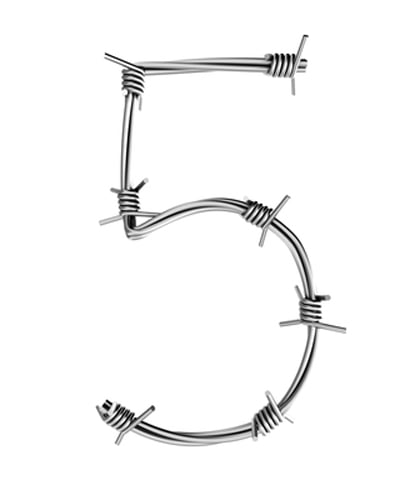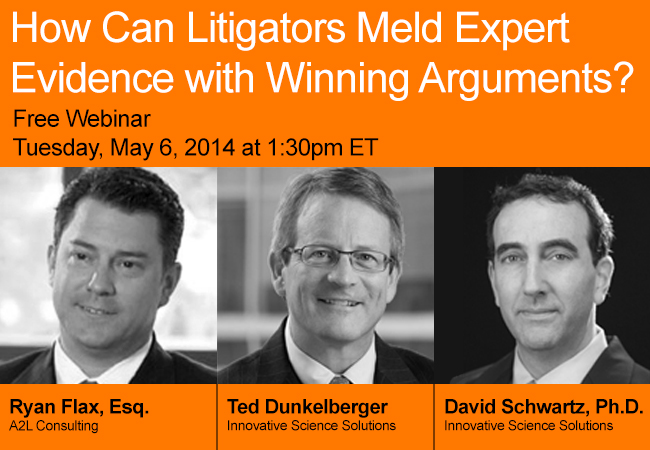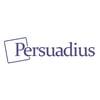Voir dire is a crucial step in the legal process, as it allows attorneys to select a fair and impartial jury. However, it is important to approach this process with caution and avoid asking certain questions that could potentially introduce biases or prejudices. In this article, we will explore five questions that should be avoided during voir dire and delve into the reasons behind their exclusion.
1. What is your occupation?
Asking about a juror's occupation may unintentionally lead to biases and stereotypes. It is essential to focus on the juror's ability to be objective and unbiased rather than making assumptions based on their profession. By shifting the focus to their capacity for fairness and impartiality, we can ensure a more equitable jury selection process.
2. Have you ever been a victim of a crime?
While it can be important to understand a juror's life experiences, asking about personal experiences as a crime victim can potentially influence their ability to remain impartial. It is crucial to concentrate on their capacity to evaluate evidence objectively and without any preconceived notions related to their own experiences. By avoiding this question, we can maintain the integrity of the jury selection process.
3. What are your political beliefs?
Political beliefs can significantly impact a juror's decision-making process. However, during voir dire, it is imperative to concentrate on their ability to evaluate evidence and follow the law rather than their political inclinations. By excluding this question, we can ensure that jurors are selected based on their capacity for impartial analysis rather than their political affiliations.
4. Have you ever been sued?
Inquiring about a juror's personal experiences with lawsuits can unintentionally introduce bias and make the juror feel uneasy. Instead, it is crucial to focus on their ability to be fair and impartial in the specific case at hand. By refraining from asking about personal experiences with lawsuits, we can create a more comfortable environment for potential jurors to express their impartiality.
5. What is your religion?
Religion is a deeply personal and subjective aspect of an individual's life. It has the potential to significantly influence a juror's decision-making process. However, during voir dire, it is crucial to focus on their ability to evaluate evidence objectively and in adherence to the law rather than their religious beliefs. By avoiding this question, we can ensure that jurors are selected based on their capacity for unbiased analysis.
By steering clear of these five questions during voir dire, we can guarantee the selection of a fair and impartial jury. It is vital to focus on a juror's ability to be objective and impartial rather than basing judgments on personal experiences or beliefs. The integrity of the jury selection process relies on the careful consideration of these factors.
Here are some other A2L Consulting articles and resources related to voir dire, jury selection and trial consulting:
- 7 Tips to Take “Dire” out of Voir Dire
- 10 Things Every Mock Jury Ever Has Said
- A2L's Jury Consulting Services Homepage
- A2L Voted Best Jury Consultants by Readers of LegalTimes
- 5 Questions to Ask in Voir Dire . . . Always
- Jury Selection and Voir Dire: Don't Ask, Don't Know
- 10 Ways to Spot Your Jury Foreman
- 5 Things Every Jury Needs From You
- 10 Signs of a Good Jury Questionnaire
- 13 Revolutionary Changes in Jury Consulting & Trial Consulting
- Is Hiring a Jury Consultant Really Worth It?
- 12 Insider Tips for Choosing a Jury Consultant






Leave a Comment